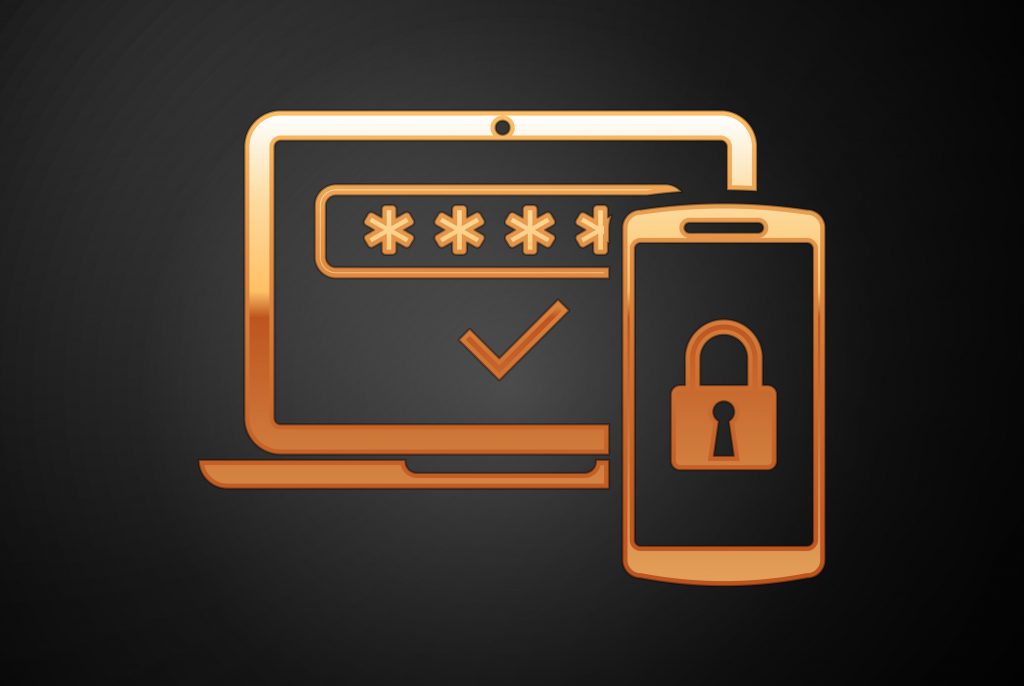
Most ransomware attacks, virus infections, and data breaches of sensitive information all happen thanks to a weak or compromised password.
If a company printed out all their files that are in digital format, they would end up with mountains of paper, many of which contained sensitive information, such as SSNs, credit card numbers, corporate sales data, and proprietary product information.
They’d also most likely put that mountain of paper data under lock and key. But because those files take up much less space and are in digital format, they leave them protected only by the weakest password in their office.
Weak or stolen user credentials are responsible for 95% of all web application attacks and breaches.
With the rise of ransomware attacks, and data breaches becoming more commonplace, protecting your data and network security is more important than ever to a company’s health and longevity.
One of the easiest ways to protect yourself against weak passwords is by using multi-factor authentication (MFA).
A data breach can be one of the most devastating things that happens to a company. Many small businesses end up never recovering. In fact. 60% of small businesses end up closing their doors within 6 months of a cyberattack.
Costs add up fast, which is why network breaches are so catastrophic even for larger companies, and the costs aren’t just contained to the immediate future, they can stretch out for years.
Data breach costs include:
Because statistics for breaches and ransomware attacks just keep rising. According to antivirus software developer, McAfee, ransomware attacks more than doubled during the first quarter of 2019.
One of the best ways you have to protect yourself and cut off the hackers is by using MFA for all your logins.
With stolen and hacked passwords being a company’s greatest data security threat, a tool that shuts down the use of stolen credentials to gain device access is something every office should be using.
What multi-factor authentication does is stop a hacker in their tracks when they’re trying to use a compromised password to gain access to an account, because they only have one of the factors required for access.
Multi-factor means that more than a single authentication factor is needed to gain entry to a program, web application, or other type of company account. Factors are typically:
The typical multi-factor authentication protocol will have you set up a mobile device to be used to receive your PIN via text. Then, whenever you get to a login form, you enter your username/password like usual, but instead of gaining entry, a PIN is sent to you by text, email, or message to a specific device.
The PIN is typically time sensitive and will usually expire in 5-10 minutes. It has to be entered to complete your login and gain access to the application or webform you’re logging in to.
Here’s why multi-factor authentication is so beneficial to your company’s data security.
Phishing is still the #1 mode of attack used by cybercriminals and using MFA stops them in their tracks and keeps them from gaining unauthorized access to your network.
In a study by Google, the use of MFA on an account blocked 99% of bulk phishing attacks and 100% of automated attacks.
Inevitably, someone on your team (or more than one someone) is going to be using a weak password and/or a password that is reused in multiple places, leaving your data vulnerable.
While users tend to know they should use strong and unique passwords, trying to remember them all is another story, and so it’s common for people to adopt bad password habits.
Requiring users to use MFA with their logins, is a backstop against weak passwords, because even if a hacker has the password, they most likely won’t also have the person’s cell phone that receives the PIN code and will be denied access.
While logins might take a few extra seconds, those seconds are definitely worth it for the additional security. Multi-factor authentication is designed to be fast and typically the PIN is sent in a split second so it can be entered right away and you can get where you need to go with just a slight pause to enter the second factor of authentication.
Most of the applications you’re using now will most likely support MFA. It can be set up for Office 365, Google accounts, Salesforce, and just about any other app you can think of.
That availability means that there’s really no excuse not to use multi-factor authentication to secure your credentials and level up significantly in your data security protection.
Multi-factor authentication, intelligent firewalls, anti-phishing applications… these are all ways that you can protect your network and keep yourself from becoming a data breach victim. Let Haxxess help you with a comprehensive game plan.
Book a complimentary cybersecurity checkup with us today! Questions? Call us anytime at 705-222-8324.